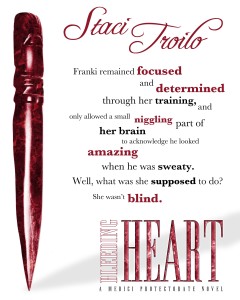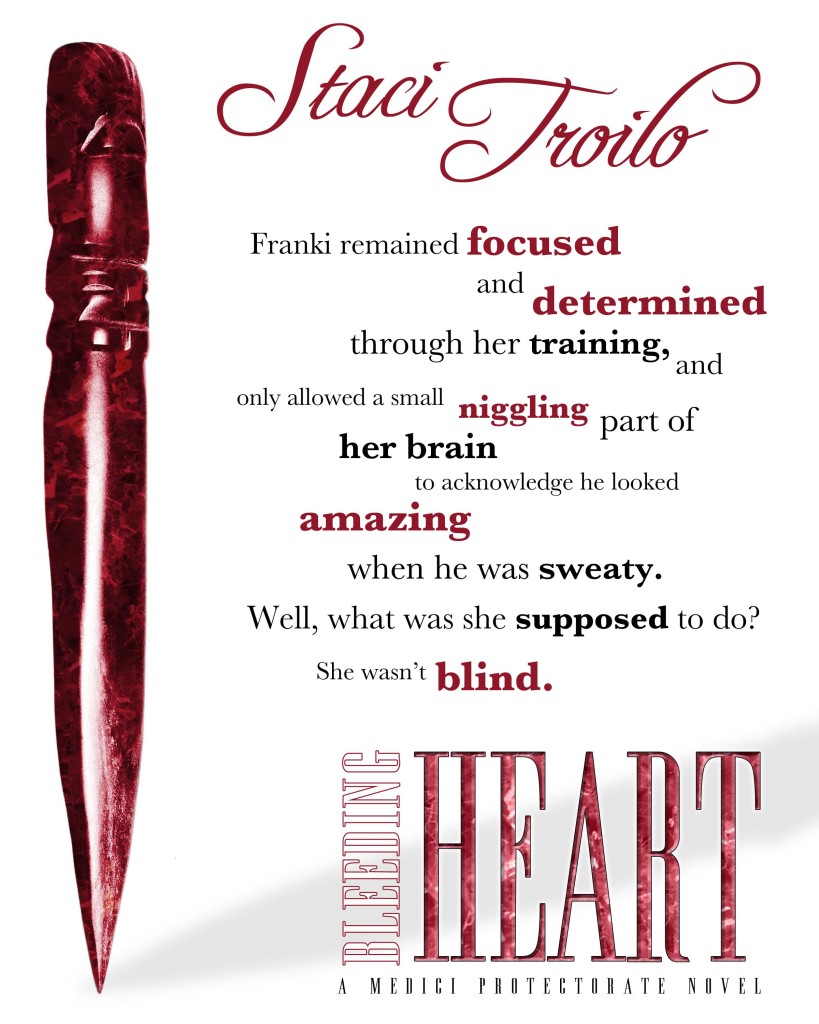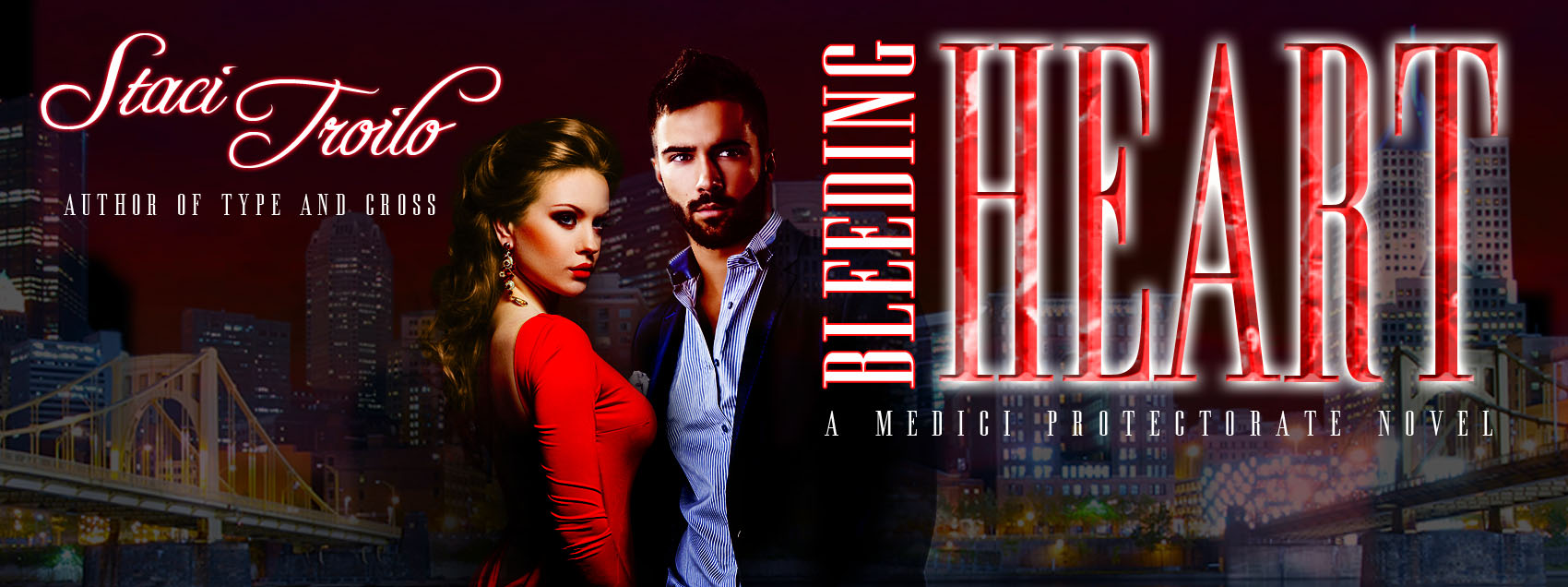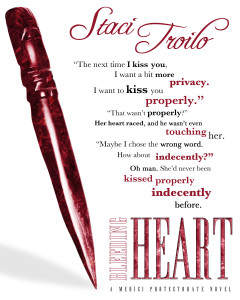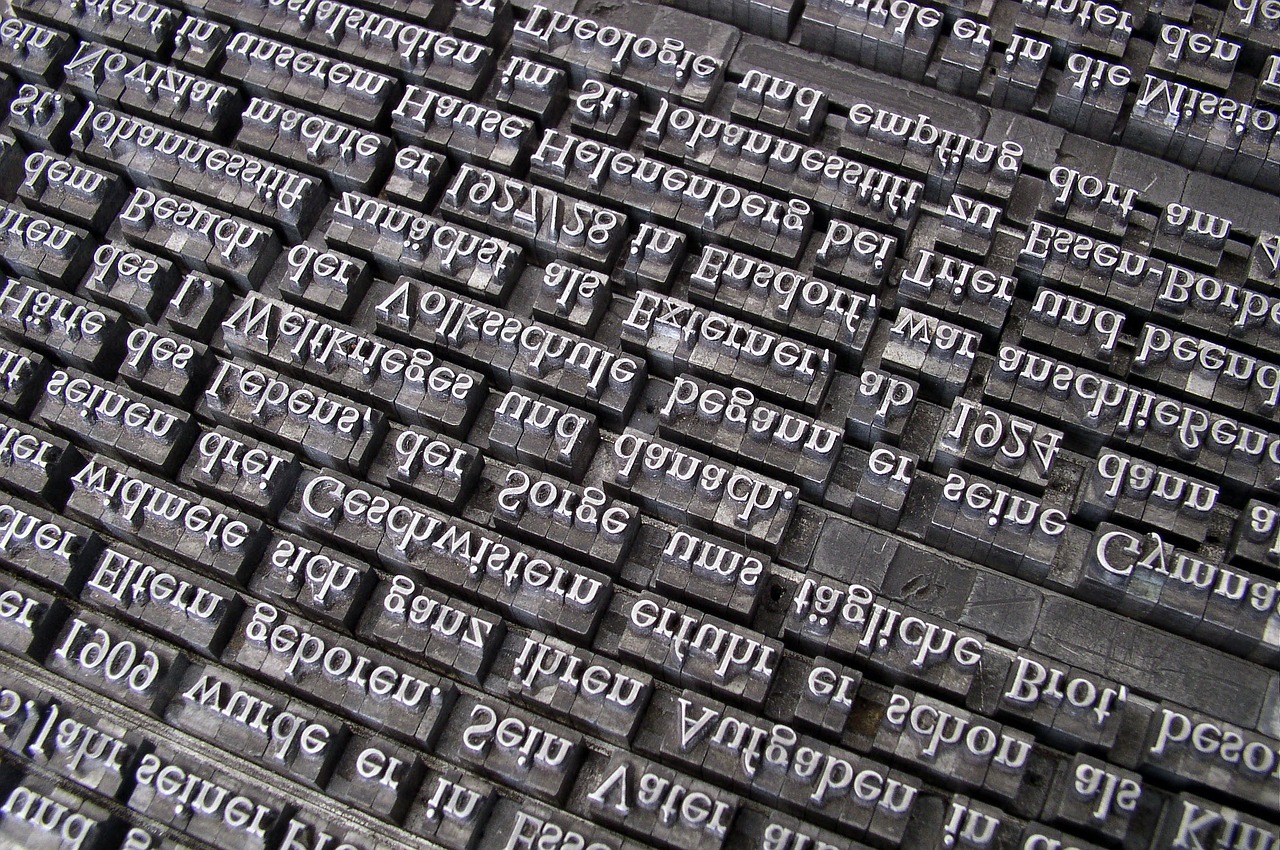 Sometimes I feel like I talk too much about the projects I’m working on. I mean, I’m passionate about them and want to share them with the world, but I’m not the only author with something to say. So I’ve reached out to some of my author friends and asked them to share their thoughts, their work, their passions with us.
Sometimes I feel like I talk too much about the projects I’m working on. I mean, I’m passionate about them and want to share them with the world, but I’m not the only author with something to say. So I’ve reached out to some of my author friends and asked them to share their thoughts, their work, their passions with us.
Today, I’m happy to host friend and fellow author P.C. Zick, who is going to talk with us about setting. Take it away, P.C.
Setting the Stage with Setting in Fiction
“The uncertain air that magnified some things and blotted out others hung over the whole Gulf so that all sights were unreal and vision could not be trusted; so that sea and land had the sharp clarities and the vagueness of a dream.” The Pearl by John Steinbeck
Of all the authors who have inspired me in my career, John Steinbeck stands at the forefront. Why do I admire him so much? It’s because of his ability to use setting as a part of the plot.
I’m an avid fan of using the reality of setting—landscape, weather, era, climate—as a strong backdrop to a story. As a reader, descriptions of setting transport me to other places and eras. As a writer, the setting of my fiction gives me one more tool for fine-tuning my plot engine. On a more basic level, I simply love reading descriptions of setting that establish mood and tone. And I adore writing scenes with lush scenery and powerful seasons to project the atmosphere in my plots.
 In my novel, Trails in the Sand, I used the setting of a lazy river on a warm day in the first chapter to contrast with the tension about to invade the lives of the main characters as disaster lurks in the Gulf of Mexico on an as-yet unknown oil rig named Deepwater Horizon.
In my novel, Trails in the Sand, I used the setting of a lazy river on a warm day in the first chapter to contrast with the tension about to invade the lives of the main characters as disaster lurks in the Gulf of Mexico on an as-yet unknown oil rig named Deepwater Horizon.
“Our paddles caressed the water without creating a ripple as we floated by turtles sunning on tree trunks fallen into the river. A great blue heron spread its wings on the banks and lifted its large body into the air, breaking the silence of a warm spring day in north Florida. The heron led us down the river of our youth stopping to rest when we fell too far behind. The white spider lilies of spring covered the green banks of the Santa Fe River.” Trails in the Sand by P.C. Zick
Some of the authors I admire most, such as Steinbeck, use setting as a literary technique. A storm becomes a metaphor for tension between characters. The seasons serve as symbols within the theme. Temperatures create mood from humid heat to frigid cold. Place—from sea to river to urban environs—expresses as much about mood as does a character’s words and actions. Setting a story in Tel Aviv establishes a certain mood very different from placing a story in Memphis. Europe in 1942 resounds with air raids and fear. In New York City in 1942, life continues on with only minor inconveniences, such as rationing of nylons and butter.
I set my first novel in Michigan where I grew up, but I wrote it after moving to north Florida. I wanted to use the dramatic seasons of my birth home as a dramatic plot technique. The four distinct seasons of the north helped to create tension and to move the plot toward its dramatic conclusion.
By the time I wrote my third novel, I’d changed settings to Florida. I found myself seeking out ways to describe the varied landscapes so others could see what I discovered when I moved to a very different climate and landscape than where I’d previously lived. Marjorie Kinnan Rawlings of The Yearling and Cross Creek fame, drew such vivid portraits in her novels of north Florida. After reading several of her books, I yearned to write in a similar vein and to show the landscapes and environment surrounding me.
“Somewhere beyond the sink-hole, past the magnolia, under the live oaks, a boy and a yearling ran side by side, and were gone forever.” The Yearling by Marjorie Kinnan Rawlings
I didn’t adapt to my new setting easily. When I threatened to take my baby and leave my first husband after watching a lizard cross my path, a neighbor intervened.
“Read Cross Creek,” he said as he presented me with a copy of Rawlings’ famous book, not yet made into a movie. I read avidly, soaking up her descriptions. I slowly learned to appreciate my surroundings with new eyes. Her descriptions of the Florida landscape helped me fall in love with all parts of my adopted home because her experience had been similar to my own. She moved from New York to the wilderness of Florida and had to adapt. Writing helped her make that transition.
I grew to love the snakes and skinks, heat and hurricanes, sand spurs and slash pines. I began to understand how our environment shapes us. Out of Florida’s beaches, marshes, and swamps rose runaway renegades, hardy natives, and tough cowboys. Setting created them as much as genetics.
When I took a leap of faith and left my teaching career to venture into writing full-time, many wondered if I’d lost my mind. A month after I quit, I won an essay contest. It’s no coincidence that the contest honored the woman who allowed me to fall in love with my environment and to fall in love with writing about natural landscapes. The Marjorie Kinnan Rawlings essay contest win gave me the confidence to continue on my journey.
 And I continue writing novels where setting surrounds the plot. In another of my Florida novels, Native Lands, the Everglades play an important role in the lives of the characters. The swamp, the isolation, the threat of hurricanes, and the wildlife create the backdrop for intrigue, mystery, and even love.
And I continue writing novels where setting surrounds the plot. In another of my Florida novels, Native Lands, the Everglades play an important role in the lives of the characters. The swamp, the isolation, the threat of hurricanes, and the wildlife create the backdrop for intrigue, mystery, and even love.
I’ll leave you with the final lines in Native Lands, where I made an attempt to express my profound love of a descriptive setting to show mood within my fiction.
“The stars twinkled in the dark sky as night settled over the Glades. The crickets croaked and the sulfur from the swamp assaulted their noses as they rolled out their mats to sleep near the fire as Mali and Locka once did on their travels south. The wildlife settled in the mud holes and rivers surrounding them. Slumber descended, as peaceful dreams floated in their heads.” Native Lands by P.C. Zick
Thank you for sharing, P.C. The quotes you chose are powerful reminders of how important setting can be in a work of fiction.
If you’d like to learn more about P.C. and her work, check out the links below.
Website | Blog | Amazon Author Page | Facebook | Twitter | Goodreads | Google + | Video Trailers
 P.C. Zick began her writing career in 1998 as a journalist. Her first novel was published in 2000. She’s won various awards for her essays, columns, editorials, articles, and fiction. She describes herself as a “storyteller” no matter the genre. She lived in Florida for thirty years, and she finds the stories of Florida and its people and environment a rich base for her contemporary fiction. Florida’s quirky and abundant wildlife—both human and animal—supply her fiction with tales almost too weird to be believable. Her romance trilogy, Behind the Love, is also set in Florida.
P.C. Zick began her writing career in 1998 as a journalist. Her first novel was published in 2000. She’s won various awards for her essays, columns, editorials, articles, and fiction. She describes herself as a “storyteller” no matter the genre. She lived in Florida for thirty years, and she finds the stories of Florida and its people and environment a rich base for her contemporary fiction. Florida’s quirky and abundant wildlife—both human and animal—supply her fiction with tales almost too weird to be believable. Her romance trilogy, Behind the Love, is also set in Florida.
She writes two blogs, P.C. Zick and Living Lightly. She has published three nonfiction books and nine novels.
 Her writing contains the elements most dear to her heart, ranging from love to the environment.
Her writing contains the elements most dear to her heart, ranging from love to the environment.
She believes in living lightly upon this earth with love, laughter, and passion.

 Farmington Public Library
Farmington Public Library


 We are a society of science and technology. It’s been centuries since we’ve believed in magic and mysticism. At least, that’s the trend. Some people believe to this day.
We are a society of science and technology. It’s been centuries since we’ve believed in magic and mysticism. At least, that’s the trend. Some people believe to this day.
